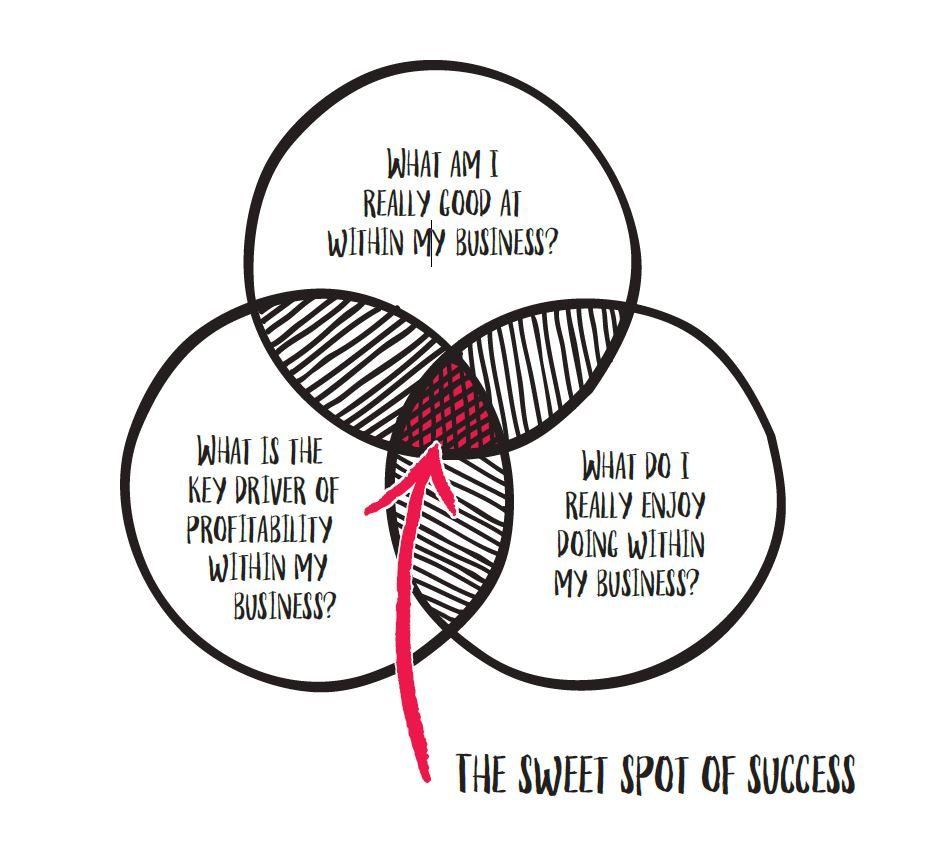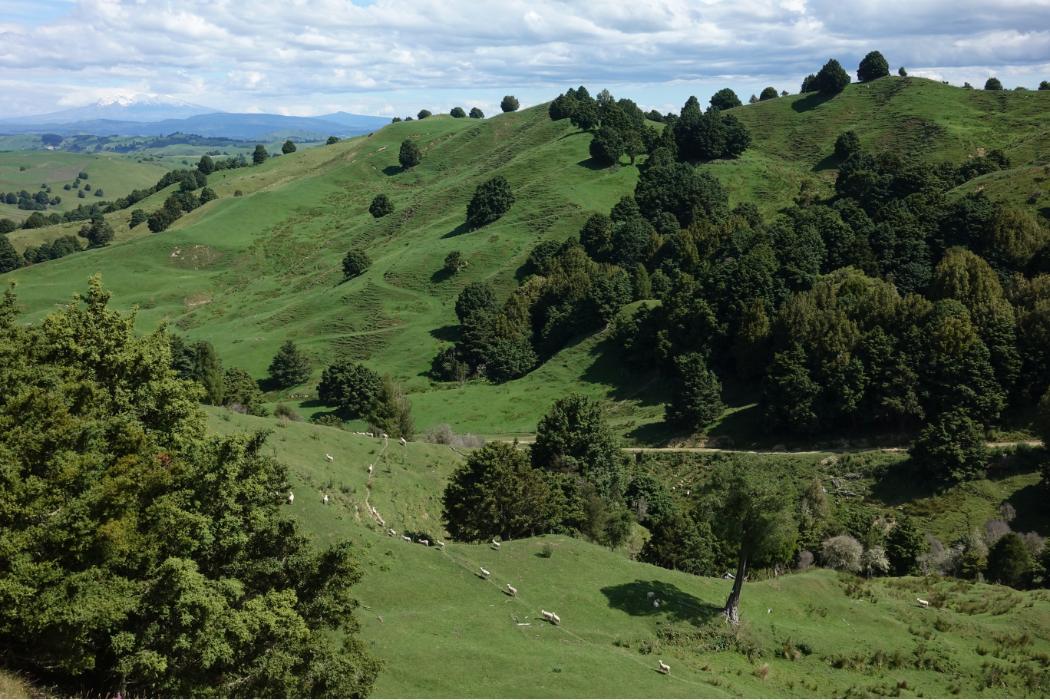BY: Peter Flannery
I was talking to a mate of mine from Auckland a wee while ago. We were discussing the state of the nation, and in particular the financial response to, and impact of Covid-19. In spite of dire predictions of unemployment and falling commodity prices, the sharemarket and house values are rollicking on. Cheap interest rates and the Reserve Bank’s money printing machine seem to be plastering over the cracks.
I told him that after 40 years of acquiring knowledge as a rural professional, everything I thought I knew is now no longer relevant, and there are a lot of unknowns still to play out.
Yes, he said, and there are three types of unknowns. There are the unknowns, the known unknowns and the unknown unknowns. Good point, I said, and it is the unknown unknowns that you need to look out for, which of course you can’t because they are unknown.
So, let’s look a bit closer at each.
The first type, “the unknowns” are your common garden variety of unknowns. We are faced with these every day. What is the weather going to be like over the coming months, what is the lamb schedule going to do and what to buy your beloved for Christmas? All simple unknowns that we manage as part of our everyday life.
Then there are the more complex known unknowns. We know about them, but we don’t know how they will play out. They create uncertainty, and businesses and markets hate uncertainty.
Your known unknowns were previously unknown unknowns. We didn’t know about them, but now we do.
In recent times two of the biggest were Mycoplasma bovis and Covid-19. We seem to have sorted out M bovis, but Covid still has a long way to play out. We now know about it, but I don’t think we fully understand the final outcome.
Finally the big one. The unknown unknowns. These are the shocks that broadside us. The ones we just didn’t see coming. Sometimes with hindsight we should have seen them coming, but I have yet to meet someone who has better foresight than hindsight.
Over my 40 years I can think of several shocks we just didn’t see coming. The removal of farming subsidies in 1984, the GFC in 2008, M bovis and now Covid. You can add to that list global warming and the environmental impacts that will hit all of our businesses.
This one is slightly different, in that it didn’t hit with a sudden shock, but has more evolved into an ever-increasing risk to business. If you don’t believe in global warming or the impact your business is having on the environment, that’s fine, but it won’t reduce the impact, because central policy makers do, and that creates risk. While I’m at it, add in changing eating habits and disruptive technologies.
How do you successfully run a business with all this coming at you?
One thing I have learnt that is still relevant is those who are good at what they do will have a much better probability of success than those who aren’t.
What sets apart those who are good from those who are less so? First, those who are good have a strong drive to be even better, that is continuous improvement. It is ironic that elite sports people who are already at the top of their game, spend more time and money on coaches than the “also rans”. It is the same in farming.

Those who are already good at what they do, spend more time acquiring knowledge, going to field days, seminars and reading than those who really need it. But there is more to it. Apart from the drive, there are three key factors a successful business owner needs to have a deep understanding of:
- What, within your business, are you really good at?
- What, within your business, do you really enjoy doing?
- What, within your business, is the key driver of profitability?
Think of those three factors as each being contained within a circle. The closer aligned those three circles are, the greater the sweet spot of success. If they don’t even touch, then you are in trouble.
As I said, you need to have a deep understanding of each of those three circles. So, for example, you may think the key driver of profitability within your business is your lambing percentage. But you need to dig deeper.
What key driver can you influence that will have the greatest impact? You might decide it is ewe body condition in the autumn. What is the key driver you can influence that will improve body condition? That might be available feed a month out from tupping. So how do you influence that?
Keep digging until you find the answer. It probably won’t just be one thing, but quite possibly just one thing will stand out above the others. Identify it, measure it and learn to be very good at it and you will probably find you will enjoy it, because I bet it won’t involve working harder, but it will involve working smarter.
This all takes some honest self-analysis. No one can tell you what you should enjoy doing. You have to figure that out for yourself, and that can take honesty. You might not enjoy the answer. If your honest answer is you just don’t enjoy it anymore, then try to work out why. What do you need to change to allow you to recapture your enjoyment? Furthermore, does that change bring the circles closer together or further apart?
However, if you have strong alignment and a correspondingly large sweet spot of success, then come what may, I predict your name will be on the mailbox for a few more years yet.
- Peter Flannery is the owner of Farm Plan Ltd.




